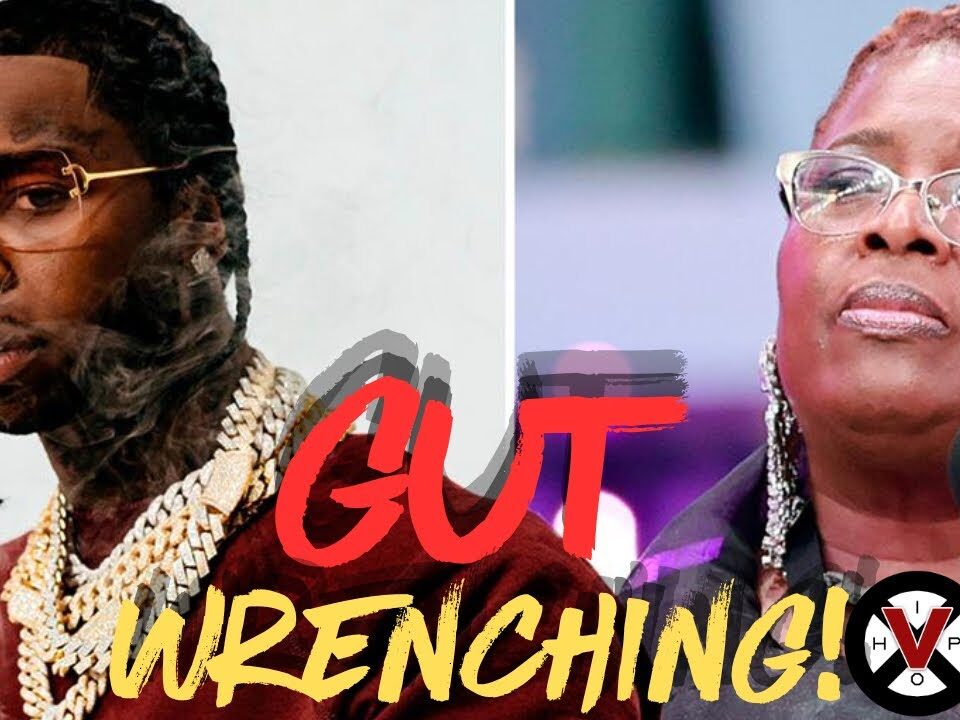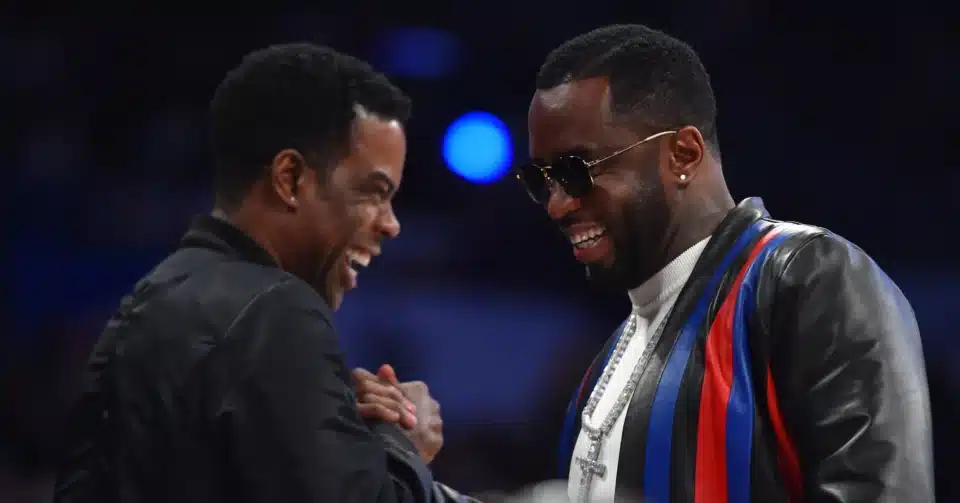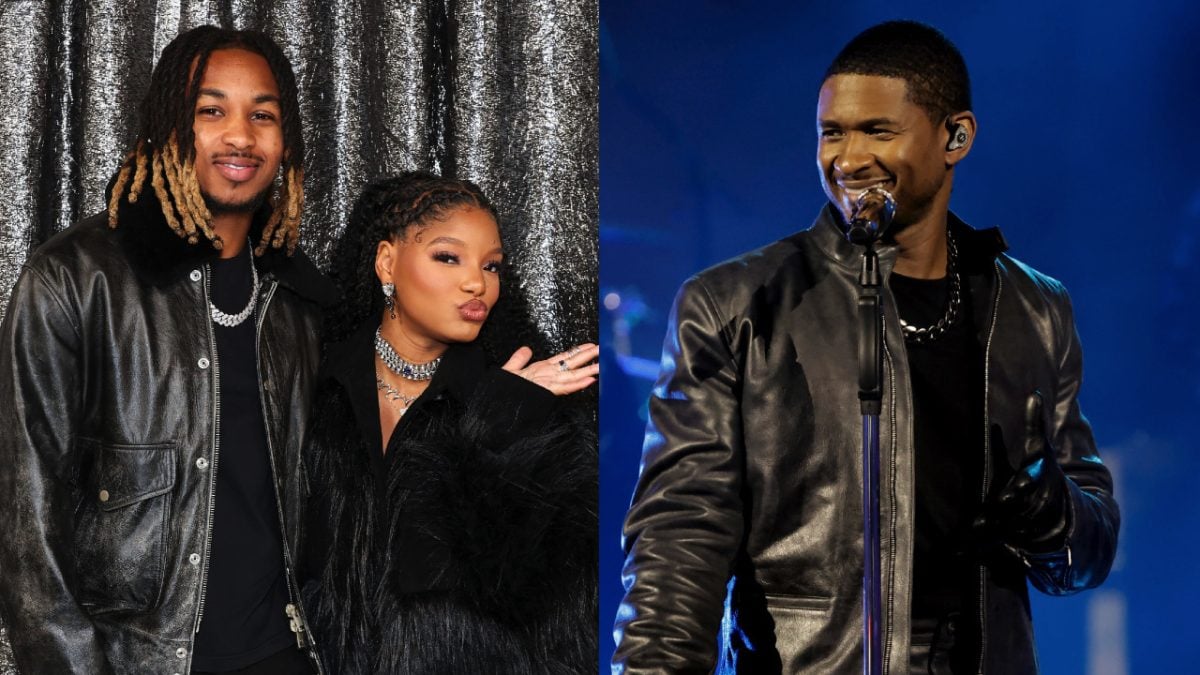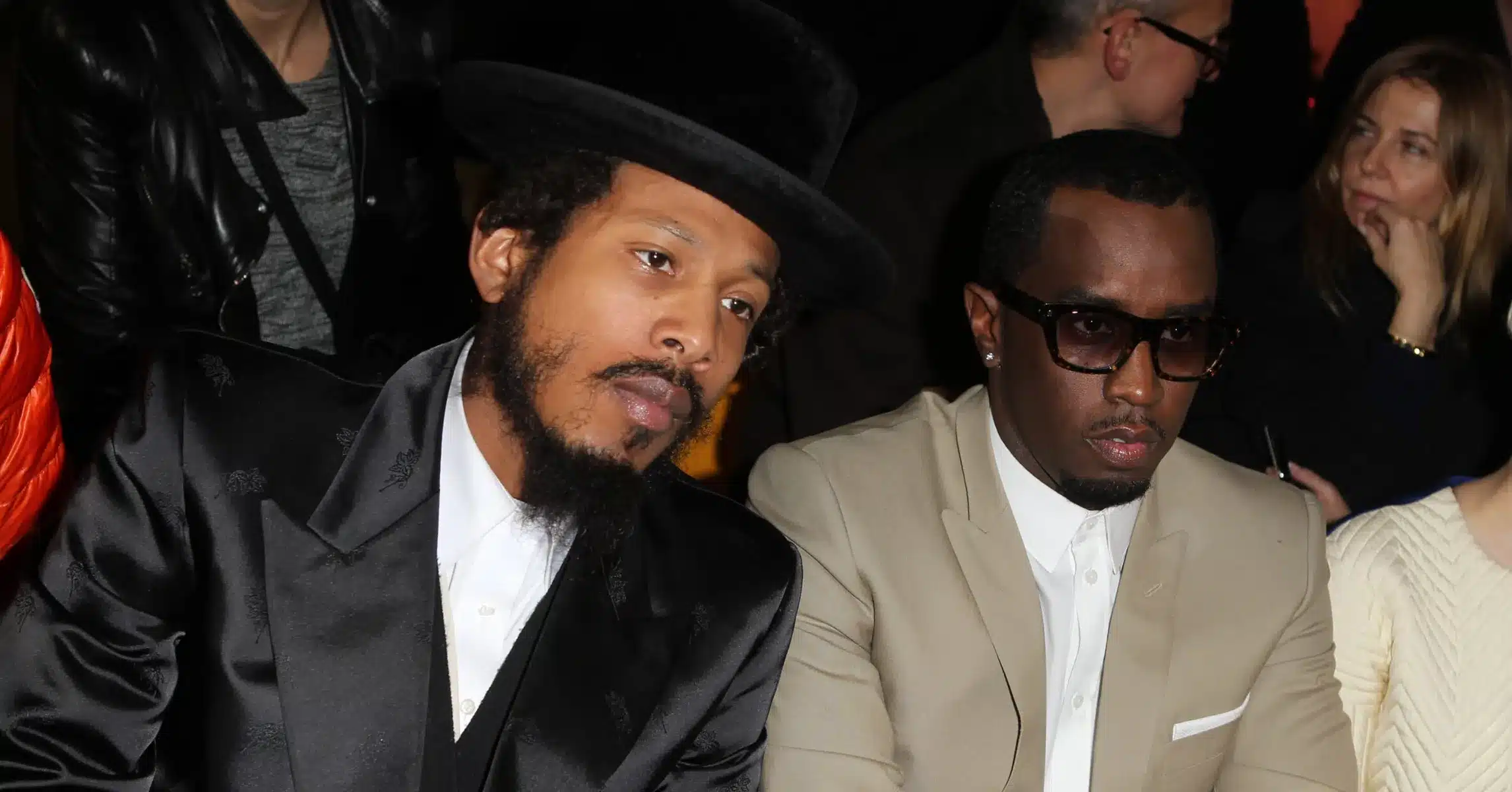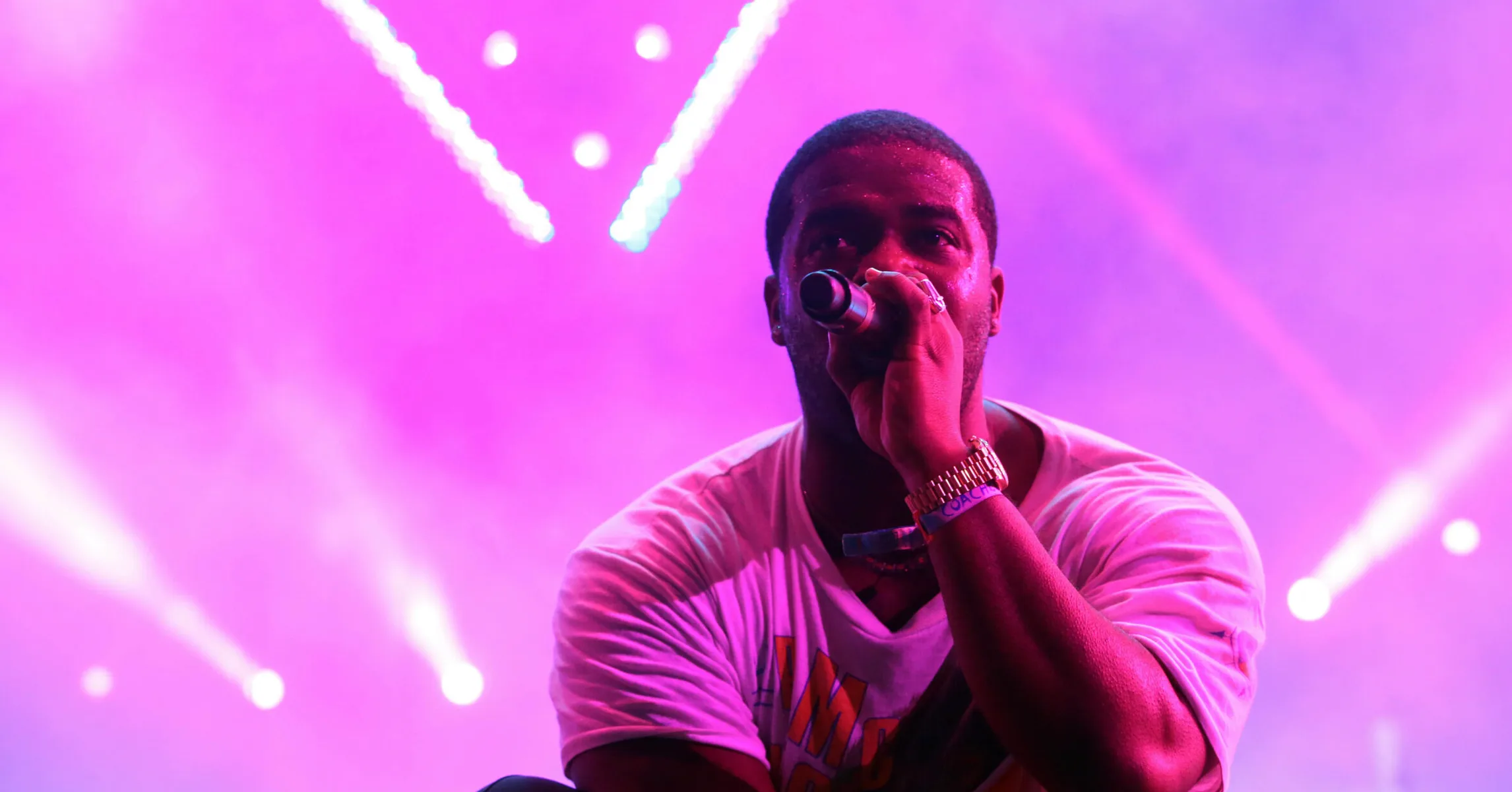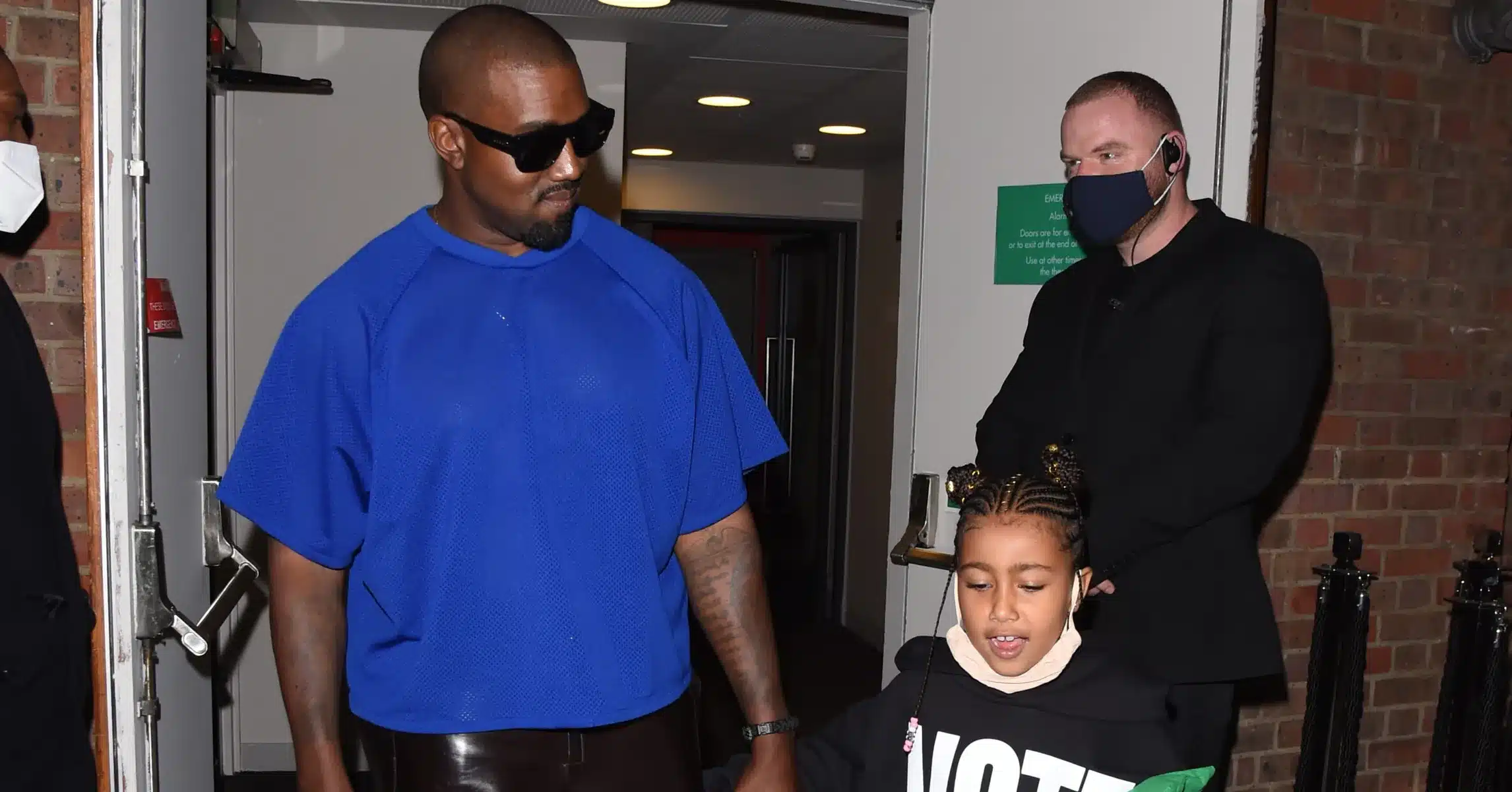In the turbulent world of hip-hop journalism, few events ignite as much debate as Pop Smoke’s mother’s public condemnation of a controversial interview. This clash arises from the decision to air a conversation with her son’s murderer, a move that has sparked widespread outrage among fans and family.
Pop Smoke’s mother expressed her anger towards the interviewer who featured her son’s killer. She questioned the ethics behind such interviews, suggesting they only serve to glorify violence and exploit tragedy for clicks and views. She believes this approach lacks moral responsibility, hindering any chance for the reformation of individuals involved.
The concerns echo the sentiments of a community tired of seeing its culture mined for sensational content. The mother of Pop Smoke raised the possibility of legal actions, such as gag orders, to prevent further exploitation of her son’s name. She called for respect and healing, rather than profiteering from past horrors.
It’s disturbing for many to see someone who contributed to a young man’s tragic end being given a platform. Critics argue this not only disrespects the deceased but also burdens grieving families with additional pain. The rapper’s grave has been vandalized multiple times, adding to the family’s grief and frustration.
There is an underlying issue of systemic disrespect towards hip-hop artists, seen in the repeated desecration and disregard for their legacies posthumously. Many feel Pop Smoke’s treatment in death is especially harsh, sparking questions about the industry’s role in perpetuating such narratives.
The conversation also touches on the broader issue of media responsibility in shaping public perceptions. This particular episode sheds light on the destructive cycle of glorifying crime and rewarding those who harm others, prompting a reflection on the true cost of content creation.
People in the hip-hop community are increasingly aware of the “culture vulture” phenomenon, where outsiders monetize and exploit cultural elements without genuine understanding or respect. In this case, the interview serves as a painful reminder of the lengths some will go for notoriety and monetary gain.
The emotional weight is evident, especially when considering the pain inflicted on Pop Smoke’s family. They endure the ongoing impact of their loved one’s name being used in such a manner, confronting an industry that seems unyielding in its pursuit of provocative content.
While some may argue the interview offers a raw, unfiltered glimpse into a criminal’s mind, the ethical implications far outweigh potential insights. It’s seen as a step backward for many who strive to elevate the hip-hop community beyond stereotypical narratives and destructive behaviors.
In a landscape where views and likes often eclipse sensitivity and empathy, this situation serves as a cautionary tale. It demands a reconsideration of priorities, urging creators to rethink the impact of their platforms and the stories they choose to highlight.
This incident highlights the ongoing struggle between sensationalism and respect in media reporting. The hip-hop community, along with Pop Smoke’s family, calls for change, urging platforms to approach stories with empathy and integrity. Rather than fueling controversy for profit, there’s a need to honor lives lost and nurture cultural growth.
